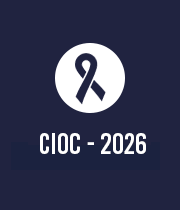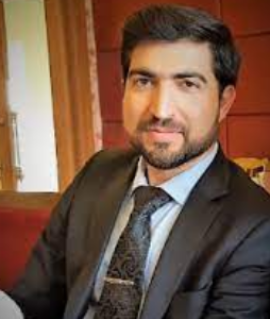Title : The Tetraspanin Tspan2 membrane protein: a potential target for cancer therapy
Abstract:
Tetraspanin proteins cross the membrane four times and span the cell surface to form two extracellular loops (EC1 and EC2) and one small intracellular loop, and typically short cytoplasmic N- and C-termini. They are involved in many biological pathways such as viral, bacterial, and parasite infection, immune response activation, cell migration and adhesion, sperm-egg fusion, progression in tumour biology, and metastasis suppression. Tspan2, a member of the tetraspanin family, may play a role in nervous system development through its signaling association in the early stages of oligodendrocytes’ terminal differentiation into myelin-forming glia. Previous studies have reported the involvement of Tspan2 in the cellular motility and invasiveness of human lung cancer cells. However, the tissue-wide expression of Tspan2 protein and the associated biological activities are not yet fully understood. Also, the generation of monoclonal antibodies (mAbs) against the native tetraspanin proteins is challenging due to the sequence conservation and the fact that antibodies raised to peptides or recombinant proteins fail to recognise the native protein. Therefore, we aimed to develop mAbs are able to bind to the native form of the protein, in which mouse myeloma cells (NS0) transfected with the full-length Tspan2 were used for the immunisation. In addition to the generation of novel mAbs against the native form of the transmembrane protein, the current study explored the localisation of Tspan2 in the human lung adenocarcinoma cell line. Tspan2 blocking via anti-Tspan2 mAb showed to reduce cancer cell adhesion.



